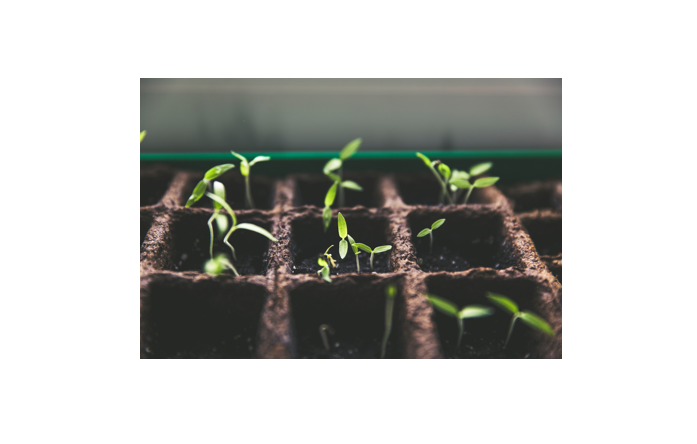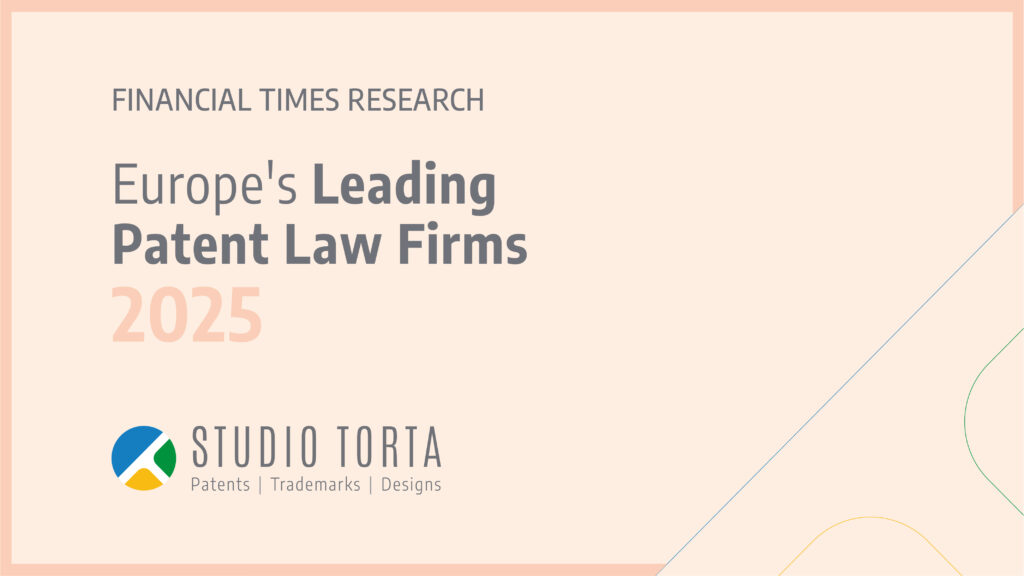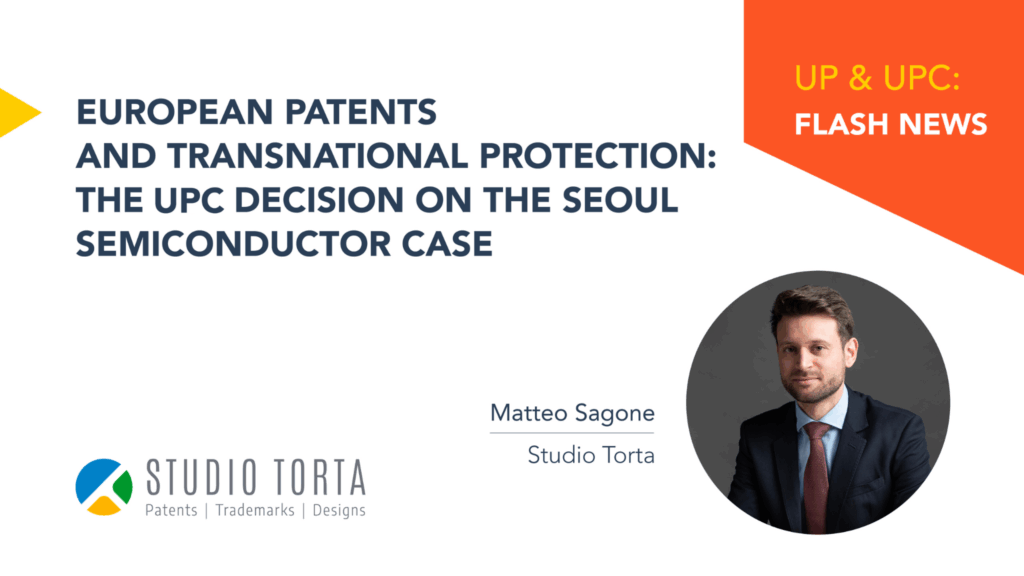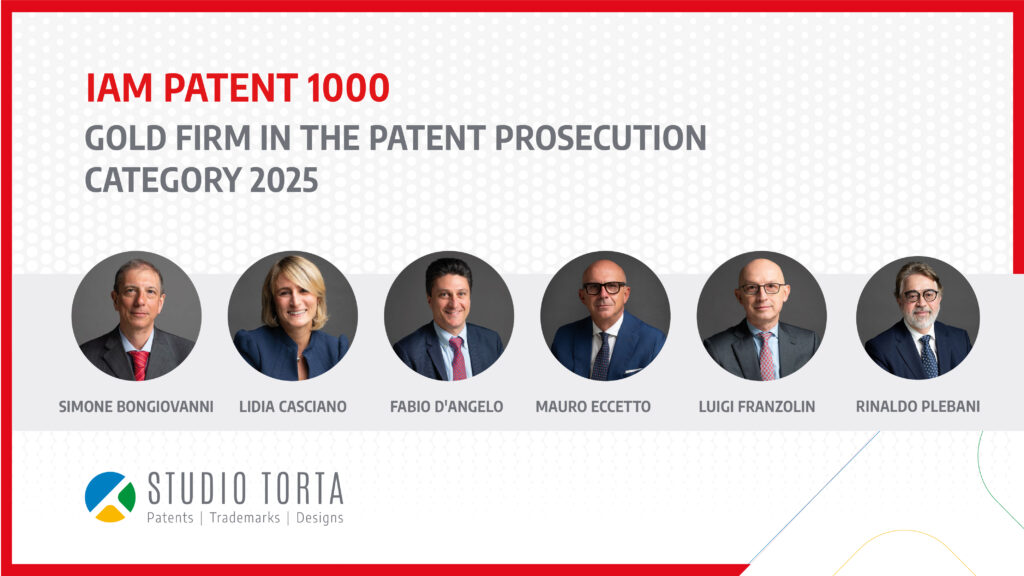TOMATOES, BROCCOLI AND PEPPER: A NEW EPISODE
The last time I wrote about this issue (www.studiotorta.com/en/editorials/discussion-on-patentability-of-plants/), it appeared that plants exclusively produced by essentially biological processes should be considered patentable following decision T1063 (Pepper) of the Board of Appeal (BoA) of the European Patent Office (EPO). In T1063, the patent proprietor asked for a referral to the Enlarged Board of Appeal (EBA) to clarify whether Rule 28(2) EPC was in conflict with the previous interpretation of Art. 53(c) EPC given in G 2/12 and G 2/13 (Tomatoes II/Broccoli II). As a matter of fact, in G 2/12 and G 2/13 it had been decided that the non-patentability of essentially biological processes for the production of plants and animals under Art. 53(c) EPC did not extend to products exclusively obtained thereby. The referral requested in T1063 was however refused.
Since the matter of whether plants produced by essentially biological processes are patentable or not has been much debated in the past years, the President of the EPO, António Campinos, subsequently referred the question to the EBA himself. This time the referral was admitted.
On 15 May, the EBA issued its opinion in G 3/19, overturning its previous interpretation of Art. 53(c) EPC. The EBA found that Art. 53(c) EPC in combination with Rule 28(2) EPC excludes animals and plants exclusively produced by essentially biological processes from patentability after all. The full-text of the opinion can be found here:
documents.epo.org/projects/babylon/eponet.nsf/0/44CCAF7944B9BF42C12585680031505A/$File/G_3-19_opinion_EBoA_20200514_en.pdf.
The reasoning the EPO provided when questioned about this change of course was that a particular interpretation of a legal provision can never be taken as carved in stone because the meaning of a provision may change or evolve over time. The introduction of Rule 28(2) EPC, the preparatory work on this provision and the circumstances of its adoption, as well as legislative developments in the EPC contracting states allowed and indeed called for a dynamic interpretation of Art. 53(b) EPC.
Importantly, the decision of the EBA will not have retroactive effect on patents filed before Rule 28(2) EPC came into force (1 July 2017). It is to be seen which effects this decision will have on patent applications which were stayed while the referral was pending.
Even more so, the question remains whether this will be the end of it…
Should you need any further information, please send an email to bosia@studiotorta.it.
ALESSANDRA BOSIA
© Studio Torta (All rights reserved) [Photo by Markus Spiske on Unsplash]




